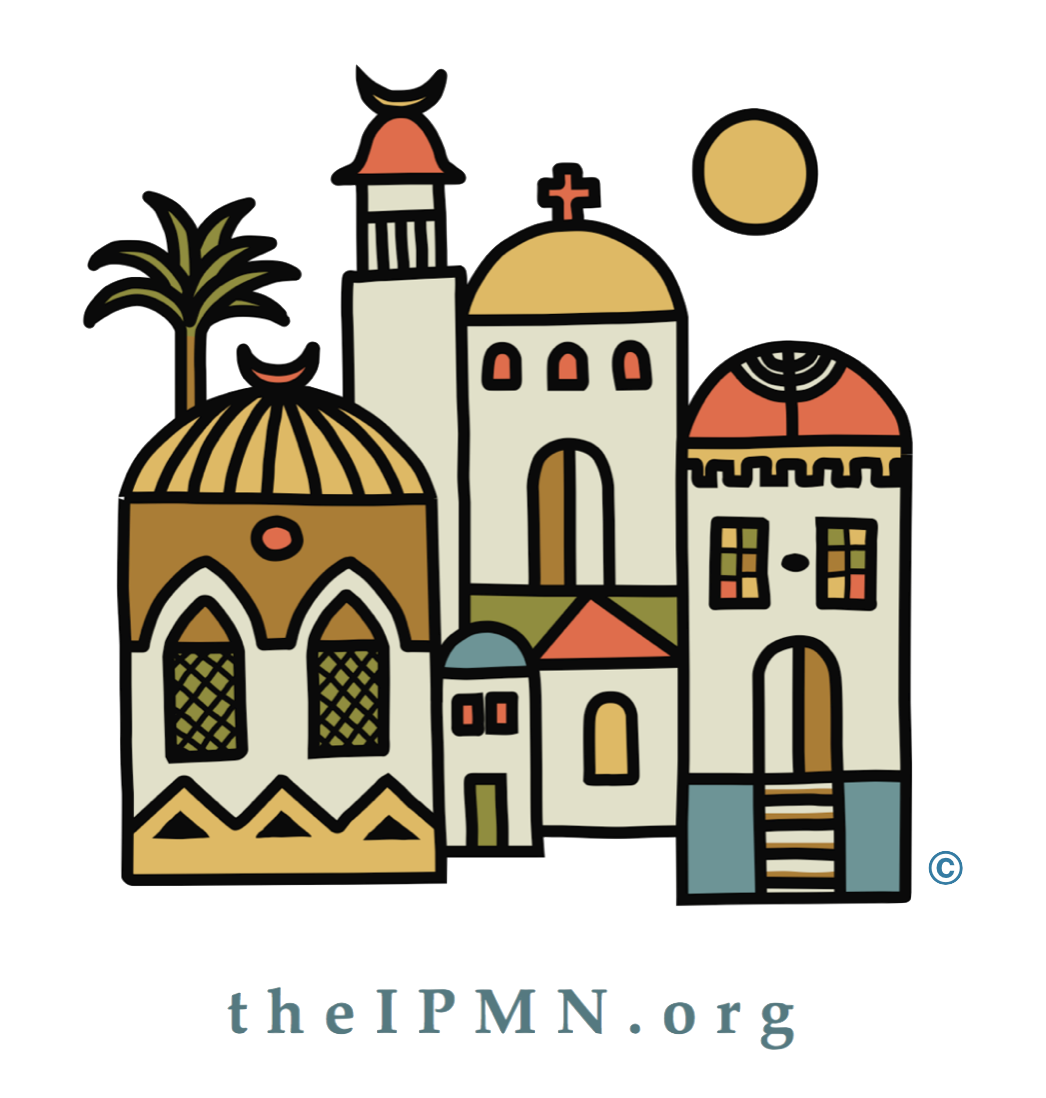Five critical responses to “Perspectives,” a discussion paper produced by the Ecumenical and Interreligious Work Group of the Chicago Presbytery
On May 9, 2014, the Ecumenical and Interreligious Work Group (EIWG) of the Presbytery of Chicago issued a discussion paper titled “Perspectives on Presbyterian Church (USA) Support for a Just and Peaceful Compromise of the Israeli-Palestinian Conflict.” EIWG, an independently functioning work group currently composed of eight members, does not speak for the Chicago Presbytery or the PC(USA). While IPMN applauds the good intentions that appear to have driven the creation of the “Perspectives” document, IPMN strongly disputes many of its conclusions and publishes here in one location five critical responses to the EIWG document generated by key interested organizations and individuals.
The Middle East Task Force of Chicago Presbytery (METF) response and critique was included in the final, published EIWG document. The METF analysis finds it “astounding” that EIWG, in its opposition to the nonviolent economic resistance strategy known as Boycott, Divestment, and Sanctions (BDS), equates BDS with “the abolishment of the state of Israel.” Further, METF finds the EIWG paper to be “slanted in favor of one party at the expense of the other.” Read the full METF statement here.
Friends of Sabeel North America (FOSNA) faults the EIWG document for the “narrow framing of its core theological and political argument,” and expresses concern that “elements in the present document could be used to justify certain ethical and religious claims that support a continuation of the Israeli military occupation and could accelerate division.” Read the full FOSNA statement here.
American Muslims for Palestine (AMP) examined the EIWG paper and found it to be “fraught with problems and inaccuracies ” and reflective of an “underlying lack of understanding of the Palestinian situation.” In its response, AMP expresses its concern that EIWG “forwards an inherently anti-Palestinian and possibly Islamophobic position.” Read the full AMP statement here.
Jewish Voice for Peace (JVP), warns in its response that EIWG’s ongoing “allegiance to certain mainstream Jewish organizations” will lead inevitably to EIWG’s “increasingly be viewed as [those mainstream organizations] are: out of touch.” Further, JVP sees EIWG’s opposition to the Presbyterian Church’s Mission Responsibility Through Investment (MRTI) committee’s modest proposals for selective divestment as constituting a choice on the part of EIWG “to actively side with the status quo of occupation and disenfranchisement.” JVP’s response was unpublished by EIWG within the final discussion paper, reportedly for fear that other Jewish groups would refuse to participate. Read the full JVP statement here.
Talat Othman, identified in the EIWG document as “President of a Metropolitan-Based Investment Management Firm,” is the only contributor of Arab ancestry to be included among the eight published responses. The credibility of the EIWG document is undermined by the underrepresentation of Palestinian, Arab, and Muslim voices among the respondents. Nevertheless, Othman’s response contains noteworthy challenges to the EIWG discussion paper, including the observation that the power imbalance between Palestinians and Israelis makes it difficult or impossible to achieve peace through negotiation. Additionally, Othman equates the demand that “Palestinians recognize Israel as a state for the Jewish People” with apartheid. Read Othman’s full statement here.

